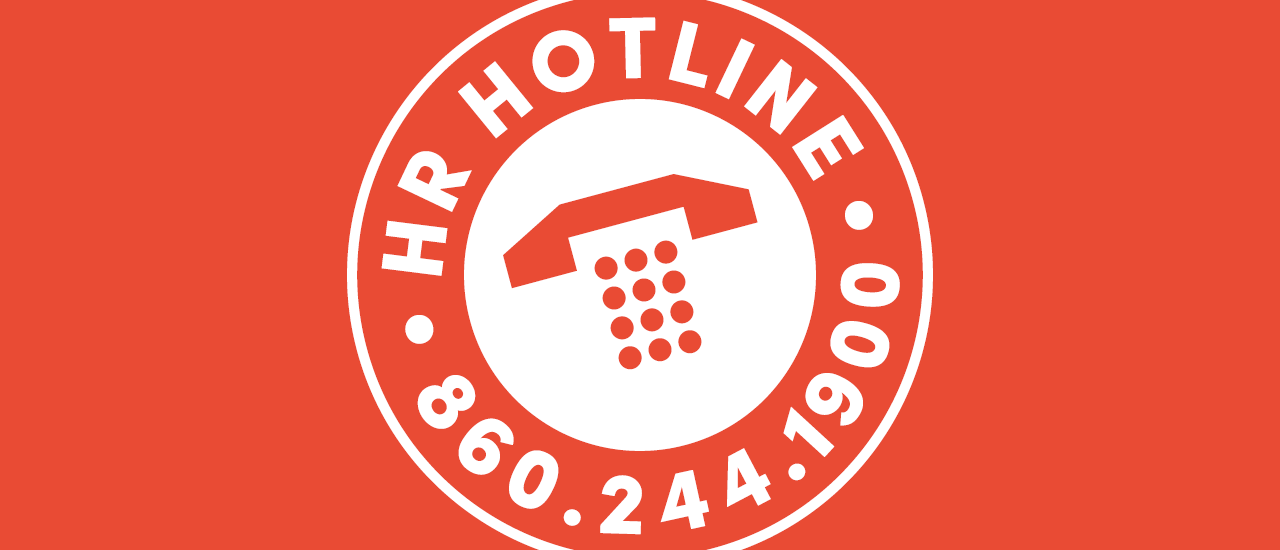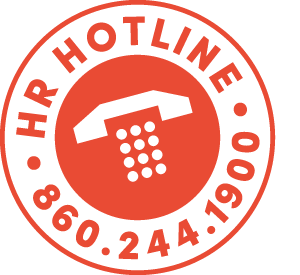HR Hotline: What Accommodations Must I Provide an Employee Who’s Nursing?

Q: One of my employees is returning to work in-person, and she’s told me that she needs to pump breast milk at work. What kinds of accommodations am I required to provide, and have they been impacted at all by COVID-19?
A: Most nursing parents have a right to safely express breast milk at work under Connecticut and federal law.
The federal Fair Labor Standards Act requires employers with 50 or more employees to provide their non-exempt employees with reasonable unpaid break time for the purpose of expressing breast milk, for up to one year after their child’s birth.
It also requires employers to provide a private area, other than a bathroom, that is shielded from view and free from intrusion by others.
This law does not apply to employers with fewer than 50 employees if they can prove it would cause undue hardship.
As of Oct. 1, 2021, Connecticut has its own statute governing breastfeeding in the workplace. The law allows employees, at their discretion, to express breast milk or breastfeed on site at the workplace during a meal or break period.
All employers with at least one employee must make reasonable efforts to provide a private space (other than a toilet stall), near the work area, for an employee to express breast milk.
Provided there is no undue hardship, the space must: (1) be free from intrusion and shielded from the public; (2) be near a refrigerator or employee-provided portable cold storage device; and (3) include access to an electrical outlet.
Reasonable Accommodations
Connecticut’s Fair Employment Practices Act requires that employers with three or more employees make reasonable accommodations for an employee due to pregnancy, childbirth, or a related condition.
Among other things, reasonable accommodations include:
- Break time and appropriate facilities for expressing breast milk
- Being allowed to sit while working
- More frequent or longer breaks and periodic rest
- Help with manual labor, job restructuring, or light duty assignment
- Modified work schedules
- Temporary transfers to less strenuous or hazardous work
- Time off to recover from childbirth
Wages
With regard to pay, neither federal nor state law requires that non-exempt employees be paid for breaks to express breast milk so long as they are relieved of all work during such time and are not treated less favorably than employees taking breaks for other purposes, such as to smoke.
However, the FLSA generally considers breaks of less than 20 minutes to be compensable work time, so if these breaks are of shorter duration, employees should be paid.
Although the FLSA does not provide exempt employees break time to express milk, such employees should be paid for breaks of any duration due to their exempt status.
Although the FLSA does not provide exempt employees break time to express milk, such employees should be paid for breaks.
Typically, nursing parents need two to three breaks during an eight-hour workday. Pumping normally takes 15 to 20 minutes, and they may need more time to get to and from the pumping space, set up their pump, clean the space before and after, and store their milk.
These steps may take longer during the COVID-19 pandemic, and that is fine.
Remember that employers must provide clean, private, non-bathroom space for pumping breast milk.
Safety Precautions
During the COVID-19 pandemic, as an employer you may have to do more to ensure safety in the pumping space. You may be asked by your employee for these extra precautions:
- Purify air: Open windows, use HEPA air filters, or set up outdoor space that is shielded from view
- For multiuser spaces: Enforce social distancing and masks, and install plexiglass or walls
- Clean surfaces with soap and provide disinfecting wipes and hand sanitizer
Returning to work after having a baby during COVID-19 can be challenging. Make sure your employees feel safe and comfortable talking with management or human resources to make a plan before they return so everyone is ready on their first day back.
Learn about Connecticut’s legal protections for breastfeeding parents as well as workplace lactation laws.
For more information, contact CBIA’s Diane Mokriski (860.244.1900) | @HRHotline.
RELATED
EXPLORE BY CATEGORY
Stay Connected with CBIA News Digests
The latest news and information delivered directly to your inbox.



